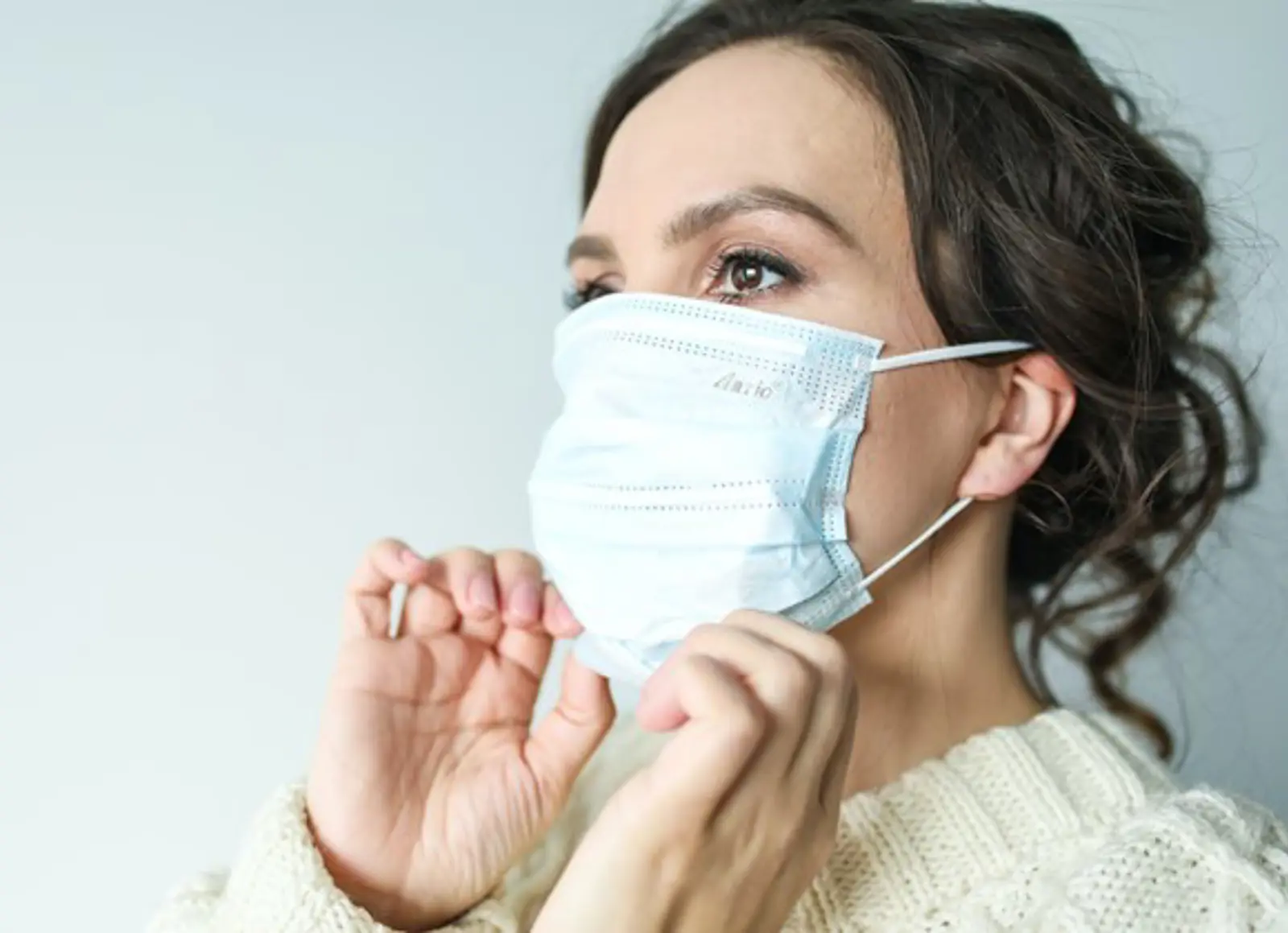Research Shows Family Carers Are Forgotten In Covid Crisis
Research carried out by Family Carers Ireland reveals that the Covid-19 crisis has had a major impact on the lives of Ireland’s 355,000+ family carers.
Today’s publication of Caring Through Covid: Life in Lockdown follows an online survey completed in April and May by 1,307 current family carers representing a wide range of caring situations. The research, conducted by Family Carers Ireland Research Officer Dr Nikki Dunne, provides a snapshot of the challenges and worries family carers face in lockdown and outlines their suggestions as to how frontline service providers and Government could better meet their needs.
Prior to Covid-19, many of Ireland’s family carers were already experiencing financial difficulty, social isolation and ill health. The current crisis has made their already difficult situation much worse.
Infection was a major cause for concern with 86% worrying about the cared for person contracting Covid-19 and 84% having concerns about becoming infected themselves and being unable to provide care. Because of this fear, 14% of households made the difficult decision to temporarily suspend the home-care supports they normally receive in order to reduce the risk of bringing infection into the house. 47% reported being unable to access appropriate PPE.
The lockdown has added further psychological pressure to an already vulnerable group. 60% of those surveyed are worried about a decline in their own health and well being. 56% of those surveyed are concerned that their loved ones are displaying more challenging behaviour while 63% are worried about a decline in the health and well being of their loved one. Routine medical appointments such as speech and language therapy, occupational therapy and physiotherapy are being cancelled, leading to great concern about the long-term effects on their loved one.
Representative responses included:
“The nurse said they don’t provide PPE to family carers – it’s only for frontline staff.”
“My biggest concern is who will care for them if I can’t or their Dad can’t.”
“I’m watching my kid regress before my eyes and there’s nothing I can do to stop it.”
“Her aggression has increased hugely – I’m black and blue.”
“The people I care for are becoming more emotional, more melt downs, outbursts and aggression.”
“I was already burnt out from caring 24/7 but now doing it without school, respite, home support and night nurses I am totally exhausted.”
Before Covid-19, 75% of carers had trouble accessing services. Since the crisis began, there has been further dis-improvement. Over one third had experienced a closure of day care services or cancellation of homecare services and 25% experienced the closure of respite services. Almost half of family carers (43%) worry that essential services such as respite and day care will not be restored to their previous levels after the crisis.
74% cent feel that the Government has not responded well to the needs of family carers during the pandemic. Carers are extremely worried about the lack of contingency planning should family carers have to self-isolate. Many simply do not have anyone else to take over their caring responsibilities.
Catherine Cox, Head of Communications and Carer Engagement, Family Carers Ireland said,
“These findings highlight the need for total re-evaluation of how we care for the vulnerable in our society. Family carers have risen to the challenge of the Covid-19 crisis but at considerable cost to their own physical and mental health. A clear road map is needed to reinstate essential services and the statutory entitlement to homecare must become a reality. They are a priority group who have performed superbly in the crisis. It is time to minimise the financial burden of being a family carer and address their urgent needs, in particular their right to PPE and respite and to be recognised officially as a priority group who are part of the healthcare frontline.”


